Rules clarify definitions, standards of quality for multibillion yuan industry
Authorities have moved to tighten oversight of the rapidly expanding semi-prepared food industry, ironing out definitions of precooked dishes and rolling out rules on the use of additives in the sector to ensure food safety.
Restaurants are also being encouraged to identify dishes on their menus that include semi-prepared ingredients, a move that experts say will help customers make informed decisions.
The reforms, led by the State Administration for Market Regulation, which oversees product quality and consumer rights, were outlined in a circular issued on Thursday by six government agencies.
Share prices of companies involved in the semi-prepared food sector fell by an average of 2 percent on the A-share market on Monday because of the strengthened oversight.
Industry insiders said the rules were the first to clarify the definition of semi-prepared food and set out safety and quality standards for the multibillion yuan industry.
China has more than 70,000 companies making food items that have undergone some preparation but are not fully cooked or ready to eat, according to Xinhua News Agency.
Their output value topped 500 billion yuan ($69.4 million) last year and is on track to surpass 1 trillion yuan in a few years, it said.
The new rules differentiate between semi-prepared food — also known as prepackaged meals — and other food items, such as instant noodles, frozen dumplings and salads. They say semi-prepared food must be a dish that can be consumed after simple preparations such as heating or boiling.
Experts said makers of frozen foods such as dumplings and hamburgers will no longer be regarded as being semi-prepared food businesses, and will be unable to ignore regulations in their own sector or enjoy preferential policies tailor-made for semi-prepared food makers. They said the generalization of the concept of semi-prepared food had previously created regulatory difficulties.
Zhang Chunhui, a researcher with the Chinese Academy of Agricultural Sciences' Institute of Food Science and Technology, told Xinhua the rules raised the threshold for manufacturers and separated semi-prepared food from other business models, such as those processing and packaging pre-cut uncooked vegetables and meat, or "central kitchens" that prepare and distribute food to satellite kitchens, restaurants, or cafeterias to reduce costs and ensure uniformity.
In a media release issued on Monday, an unnamed official with the State Administration for Market Regulation said ready-to-eat foods that do not require heating or cooking, as well as cold dishes such as vegetables or fruit salads that can be consumed directly, are not considered semi-prepared dishes.
The official said semi-prepared food is an emerging sector that has integrated agriculture, manufacturing and service industries and boasts a sprawling supply chain.
"It is significant in promoting the deep processing of agricultural products, transforming the food industry, consumer upgrading, entrepreneurship and employment," the official said.
The circular also addressed rising food safety concerns in the sector, where poor quality raw materials and banned food additives are harder to spot after being processed.
It said preservatives shall be prohibited in the making of semi-prepared food items, which shall be subject to strict storage conditions related to freezing, refrigeration and sterilization. The use of additives must be strictly controlled, along with the quality of other raw materials.
The increased focus on food safety followed media reports on March 15 — World Consumer Rights Daythat companies in Anhui province, a stronghold of semi-prepared food makers, had used cheaper meat from the necks of pigs to make a precooked dish that should have contained pork belly.
The companies involved have been shut down and their owners detained.
Semi-prepared food grew in popularity during COVID-19 pandemic, when white-collar employees worked from home and cooked for themselves.
The products were also embraced by restaurants, but some consumers felt deceived when they learned the dishes they paid for were not cooked from scratch.








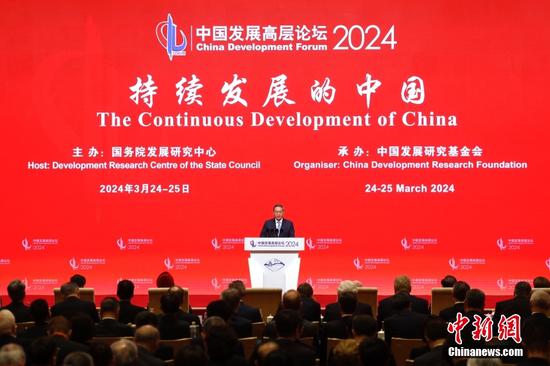













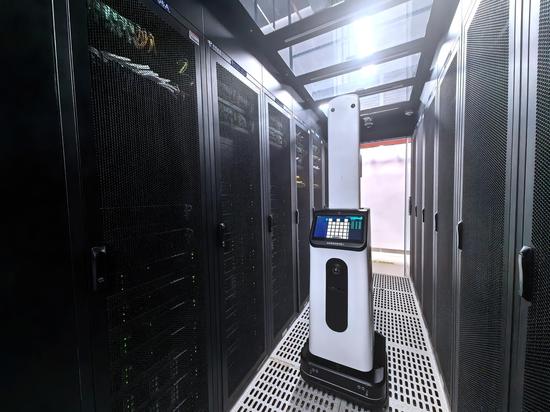

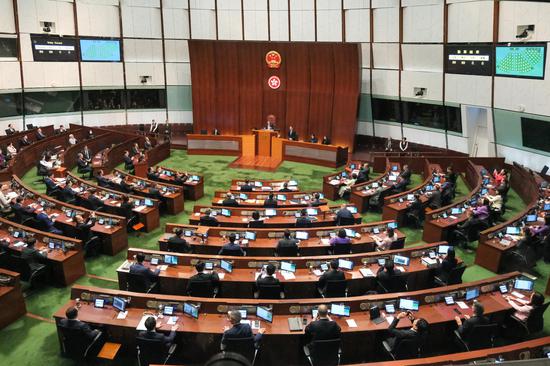
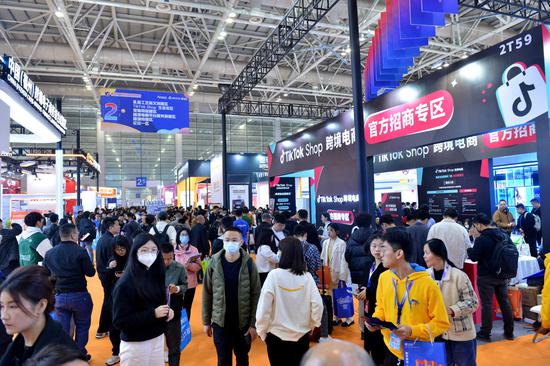









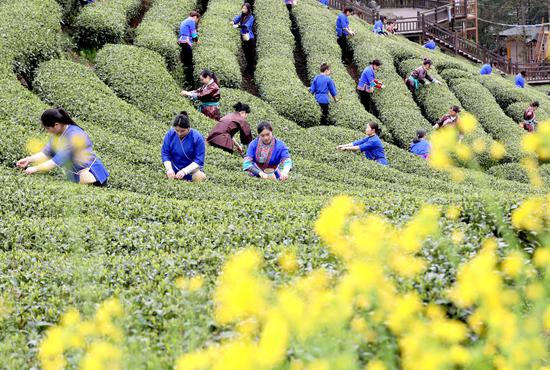














 京公網安備 11010202009201號
京公網安備 11010202009201號